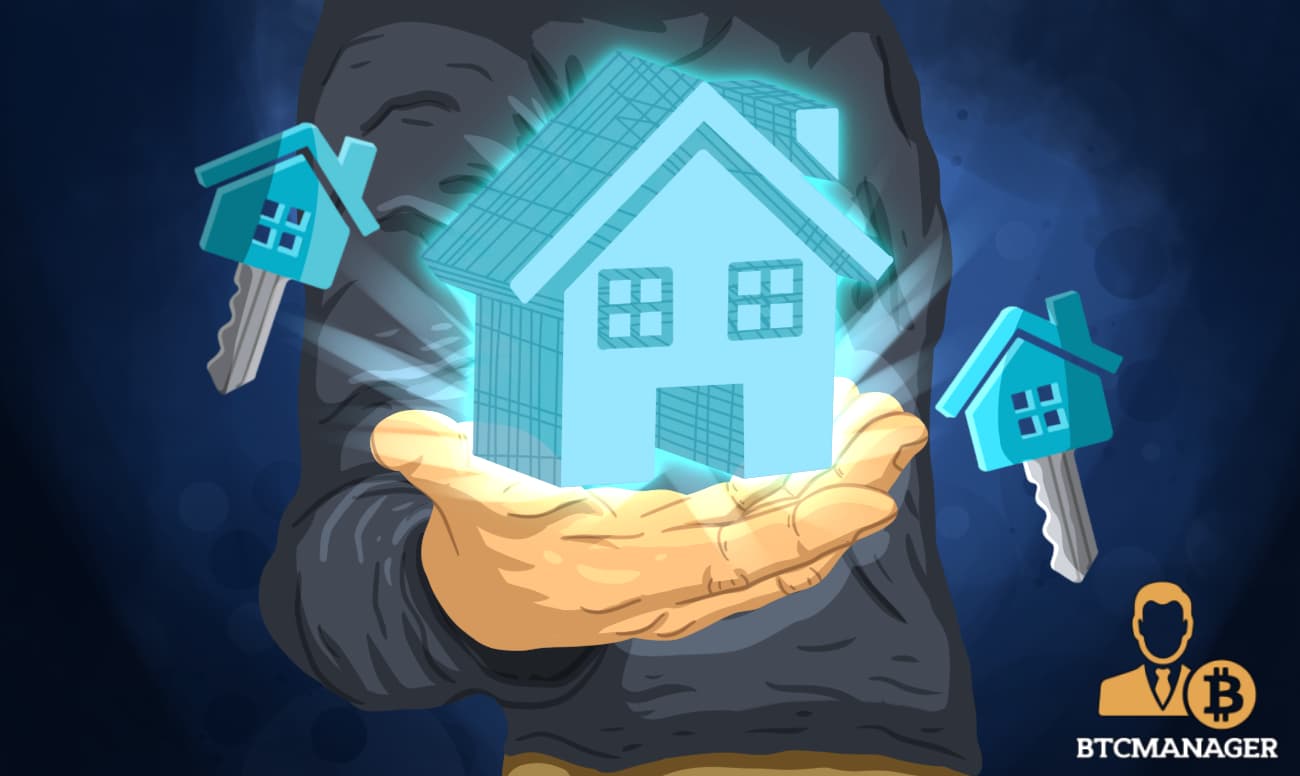PropTech: Transforming Real Estate with Blockchain, Artificial Intelligence, Big Data and the Internet of Things

Considering that real estate has proven to be one of the largest and most lucrative industries in the United States, it’s any wonder as to why it has also been the least innovative with regards to technological advances. That said, an article from Forbes, July 29, 2019, discusses Proptech, and how blockchain, AI, Big Data and the Internet of Things (IoT) are set to rattle the industry.
Building Blocks
PropTech, short for property technology, has seen innovations few and far between over the years. The most notable would be Zillow, which just digitalized and renovated the antiquated multiple listing service (MLS) system, and Airbnb, which backpackers and college students globally have grown to adore thanks to unique homes at affordable prices.
PropTech works in three ways by upgrading how people buy, sell, and manage properties. Most companies, like the two mentioned above, only focus on the transaction side of things.
We see this in numerous blockchain companies around the world, where they’ve managed to sell a property through tokenization which was most recently achieved by six companies based out of Luxembourg.
But what about other innovations such as tokenization, which helps lower the barrier of entry of real estate investing and makes single properties divisible. But this barely scratches the surface of what PropTech can do.
How IoT, Big Data, and AI Will Shake Up PropTech
The reason why technologies like machine learning, big data, and blockchain get so many people excited is because it changes the traditional practices, opening up fresh opportunities and innovative ways of conducting business.
There’s a lot of money in real estate, and a lot more to be made should these cutting edge technologies converge on relatively unevolved industry operations.
Investments into PropTech went from around $460 million in 2013 to $9.6 billion in 2018 – nearly 21,000% increase in investor funding. This number is likely to not only increase but continue to explode if real estate were to even increase spending in it from 1% to 5%.















